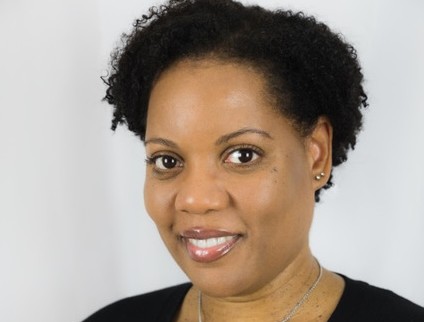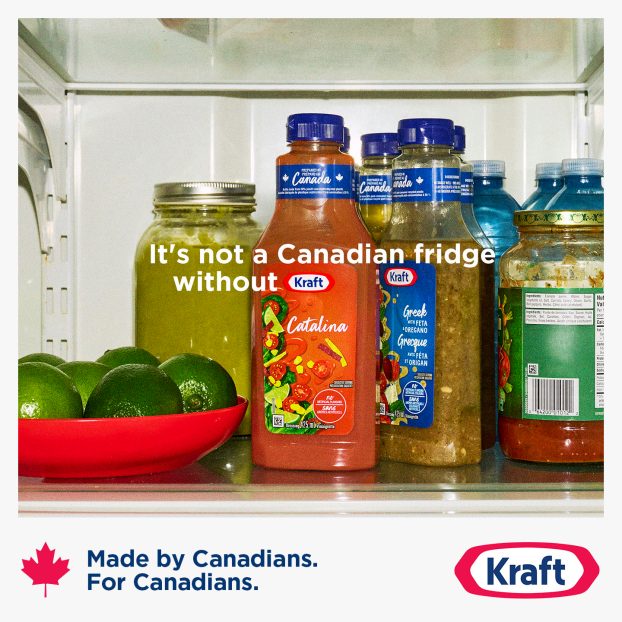When it comes to celebrity endorsements, not all brands can be so blessed as to have their product become one of Oprah’s favourite things. But for Manitoba-based footwear company Manitobah Mukluks, a feature in her magazine brought the Oprah sales bump that the talk show queen is known for.
‘Our web traffic doubled right away. Traffic for our online retailers picked up, and November’s definitely been a month of sell-through at retail. We sold out at Intermix immediately, for instance.’ says Manitobah founder Sean McCormick, about the November feature in O Magazine. ‘It’s buzz that you can really use when it comes to building and cementing relationships with key sales agencies and distributors. We saw this same effect when Kate Moss and Kate Hudson were photographed wearing our boots,’ said McCormick.
But do consumers react just as positively with paid celebrity endorsements? It depends if the celebrity matches the attributes of a brand, according to a new study released this week by Mediaedge:cia, which found the younger generation (aged 18 to 34) is most likely to try a product endorsed by celebrities. The study, called MEC’s Celebrity Endorsement Sensor, is based on a MEC MediaLab survey of 24,000 consumers across 25 countries, with breakdown of participants in both the US and Canada.
In Canada, 39% of those surveyed said they would like to see more home-grown talent promoting brands, compared to 19% who said they wanted to see more international star wattage. But this can be difficult, said Sharon Dixon, manager, MediaLab. ‘Outside of hockey, our star system is limited. And having one celebrity promote numerous brands only causes confusion for consumers.’
According to the survey taken in early 2009, 20% of respondents in the 18- to 34-year-old age group would buy a product from an admired celebrity, compared to 30% of respondents in the US. Just 11% of adults aged 35 to 54 are swayed by star endorsements, and only 4% of those in the 55-year-old-and-up category (compared to 14% and 8% in the US, respectively).
That isn’t to say we are less voyeuristic than the Americans – 57% get celebrity information through news outlets and 34% look for gossip online, figures that are almost identical south of the border.
But a warning for advertisers: half of Canadians surveyed said they had trouble remembering which celebrities are endorsing which brands, and they only notice brands they are already interested in.
Categories that would most benefit are fashion, beauty, fragrance, luxury goods and sporting equipment, for which the Mediaedge:cia survey ranked celebrity endorsement as one the top 10 influencing factors. About 35% of respondents believe endorsements can help improve a brand’s awareness, define its personality and generate interest.
But partnering with the TMZ crowd can be risky – celebs can fall out of favour with the public faster than Chris Brown can chew a piece of Wrigley gum. A mere handball by this Barcelona striker has fans wondering if they he really bears Gillette-worthy values. It all comes down to careful selection and scrutiny, said Bruce Neve, president of Mediaedge:cia Canada, in an email interview.
‘The importance of matching a celebrity to a brand should be undertaken carefully,’ he said. ‘With the right match celebrities can amplify the brand and its advertising.’























